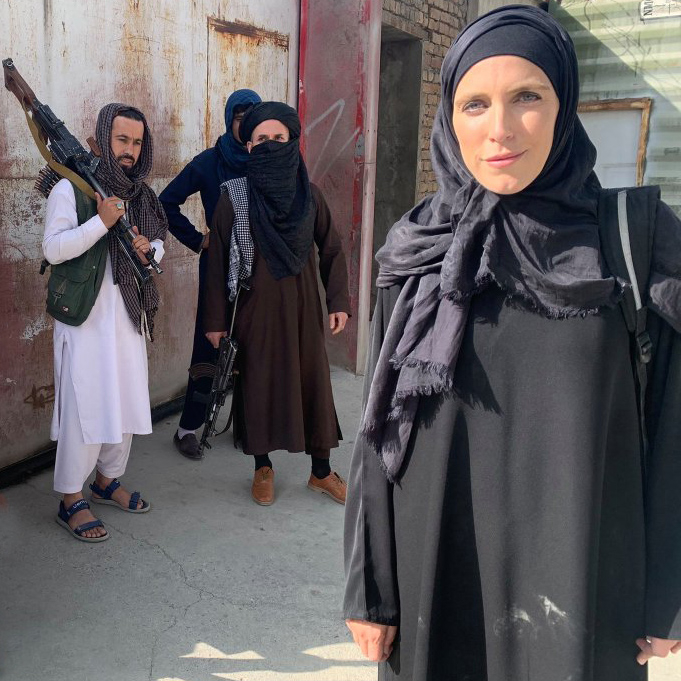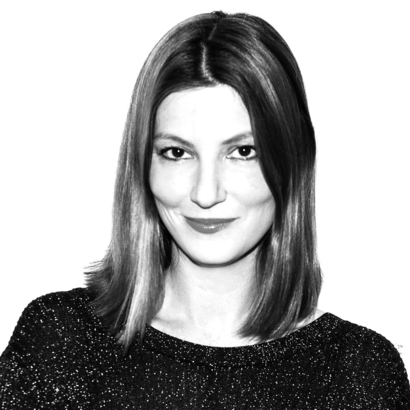Refugees clinging to military jets, mothers tossing babies over barbed-wire fences—the Biden administration wanted to spare the world images of another Saigon, but that mission also failed. So as the Americans messily extricate themselves from a disastrous situation in Afghanistan, it’s a gut-wrenching time to turn on the television.
The only real bright spot on the screen is Clarissa Ward, CNN’s chief international correspondent, who had been reporting live from the streets of Kabul at all hours of the day and night before finally leaving the country early this morning.


